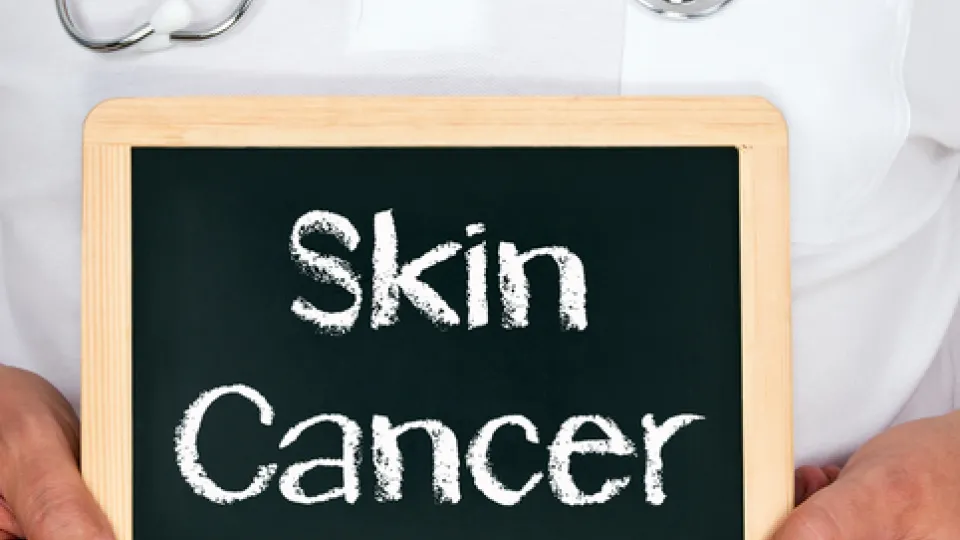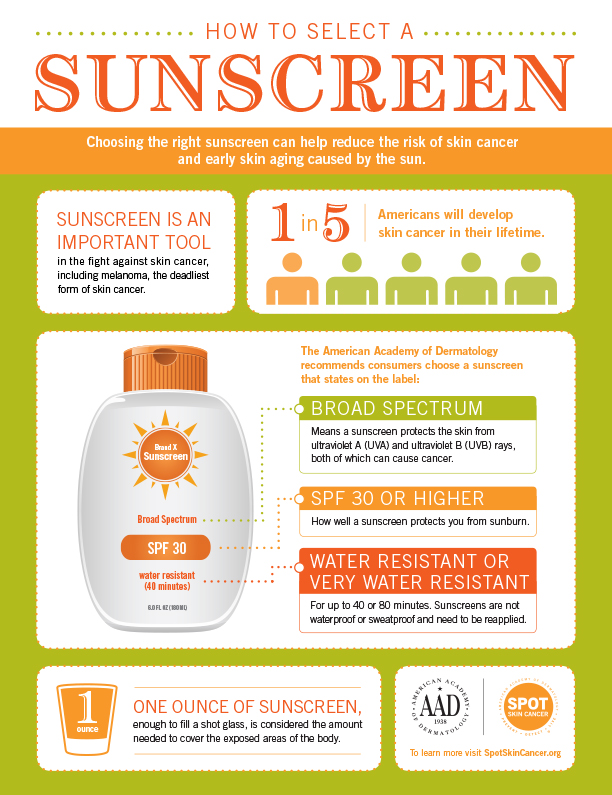
Can you believe it's already the end of May?! This weekend marks the unofficial "beginning of summer."
Barbecue season commences, community pools open and tourists dust off their fanny packs and long socks to hit various destinations.
It's also the culmination of a month-long Melanoma and Skin Cancer Detection and Prevention campaign designed to get folks thinking about how the sun affects their largest organ: Skin!
Whether you're studying respiratory therapy, dental hygiene or another one of our 20+ health care degree programs, skin cancer awareness is a topic that concerns us all.
Did you know that Melanoma, the deadliest form of skin cancer, strikes about 70,000 Americans each year and kills nearly 10,000, reports the Centers for Disease Control and Prevention?
It can start in something as small as a spot on your back and quickly affect your entire body. That's why skin cancer awareness, prevention, and detection is so important!
It starts with being smart - when you're outside, what type of sunscreen is the best? We know with all the labels, numbers and acronyms, it can be a bit overwhelming!
Myth: Suntans are meant to be developed over the course of the summer.
Fact: Any change to the pigment of your skin could be potential for the development of skin cancer.
Myth: It's an overcast day, today. I only need to wear sunscreen when it's sunny.
Fact: The Skin Cancer Foundation says that clouds block as little as 20% of UV rays - so on a cloudy day you're still getting up to 80% of the sun's harsh effects.
Myth: Because of my skin tone, I don't get sunburnt. So this article isn't really for me.
Fact: Skin damage doesn't just plague pale-skinned people. Moles, sun spots and sunburns can happen and often are detected much later, making treatment more intense.
Here's an infographic that the American Academy of Dermatology developed to help break it down:

Take The Next Step Towards a Brighter Future
We have a Concorde representative ready to talk about what matters most to you. Get answers about start dates, curriculum, financial aid, scholarships and more!




